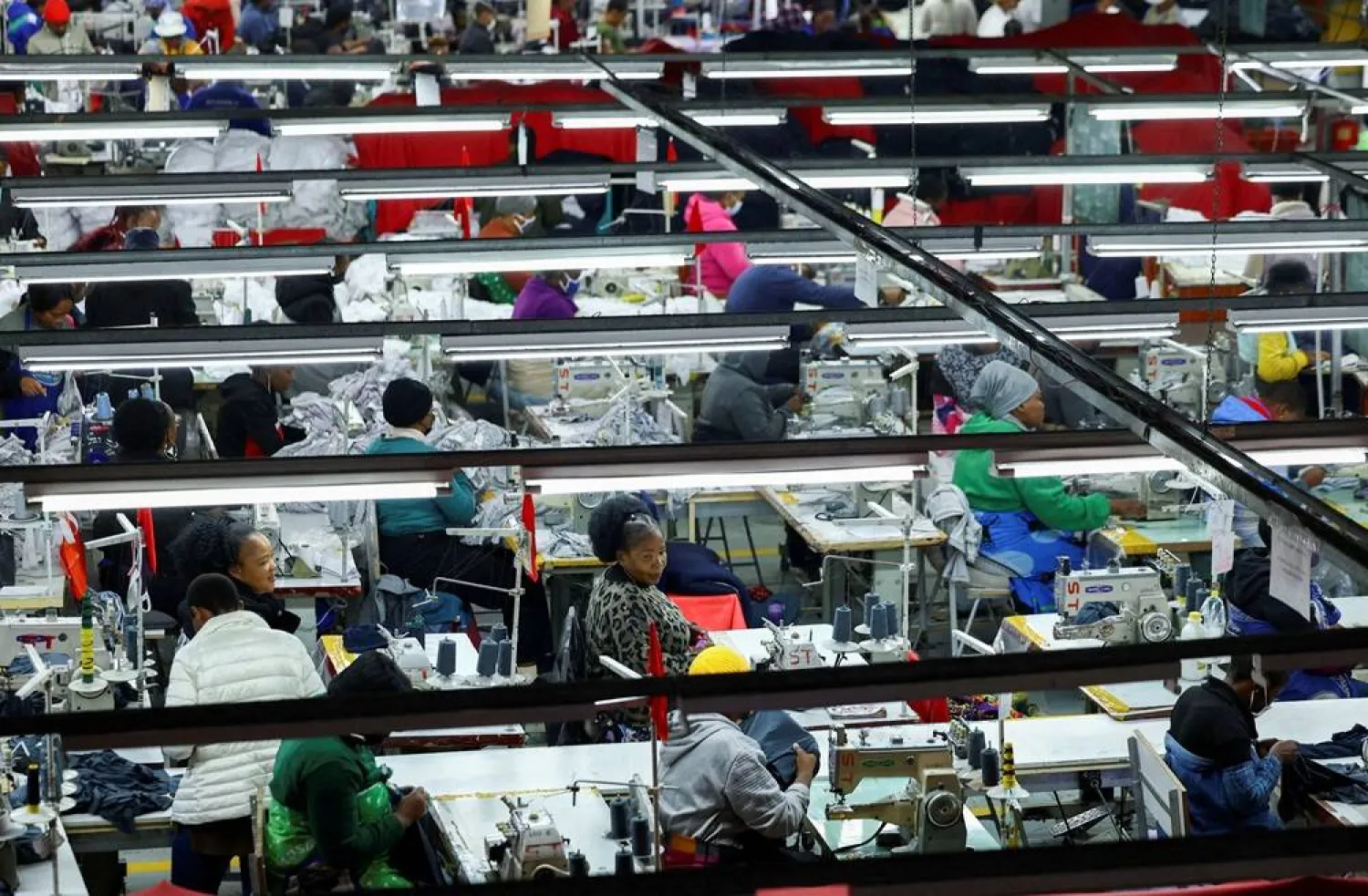If you have ever bought a pair of jeans from an American brand like Levi’s or Wrangler, chances are they were manufactured at a factory in the small southern African nation of Lesotho.
Textile manufacturing is one of Lesotho's key industries, exporting some 75% of its output to the United States.
This is expected to change after US President Donald Trump slapped a 50% tariff on imports from Lesotho, the highest among all countries. According to Trump, Lesotho charges a 99% tariff on US goods, but the government said it doesn't know how the US administration calculated that figure. Government officials did not say Thursday what Lesotho's tariffs on US goods are.
Here is what the high tariffs mean for Lesotho:
A country ‘nobody has ever heard of’
Trump made fun of Lesotho in a speech in March, calling it a nation that “nobody has ever heard of.” Lesotho's foreign minister reminded him that the US has a diplomatic mission there.
Last year, the landlocked kingdom bordered on all sides by South Africa with a population of 2.3 million people, celebrated 200 years of the founding of the Basotho nation and 58 years of independence from British rule.
Its picturesque scenery and mountainous views draw visitors from Africa and across the world, and during winter, Lesotho becomes one of the most sought-after skiing destinations.
What are Lesotho's exports and the economy?
Lesotho does not pay tariffs on exports to Botswana, Namibia, South Africa and Swaziland since it is a member of regional economic blocs such as the Southern African Customs Union. Main exports include clothing, diamonds, water, power, wool and mohair.
The new tariffs announced by Trump mean that American consumers will pay more for goods made in Lesotho, making them less competitive in the US market.
According to the Office of the US Trade Representative, in 2024, US-Lesotho bilateral trade stood at $240.1 million. Apart from clothing, Lesotho's exports also include diamonds and other goods.
Classified as a lower-middle income country by the World Bank, nearly half of Lesotho's 2.3 million population live below the poverty line, while a quarter are unemployed.
How has Lesotho reacted to tariffs?
Lesotho’s Trade Minister Mokhethi Shelile said his country will be on the prowl for new markets and use the Africa Continental Free Trade Area to increase exports to favorable destinations in Africa.
The government would also urgently send a delegation to the US to negotiate a workable arrangement. Shelile said he's concerned about the possible closure of textile factories, which employ about 12,000 people in Lesotho.









